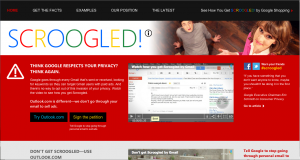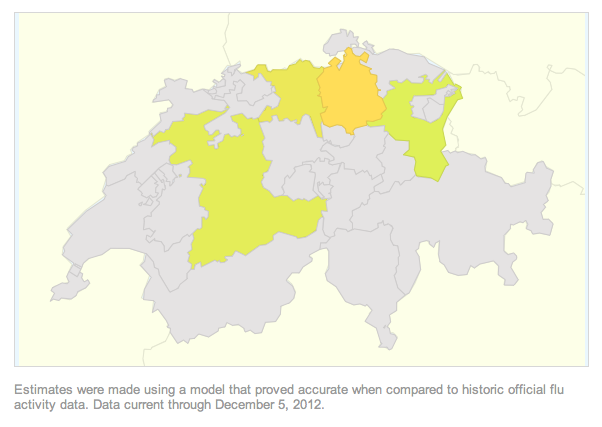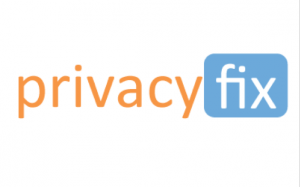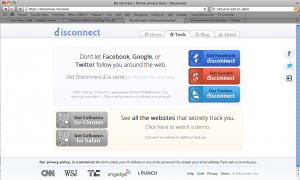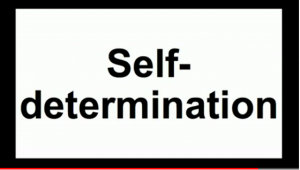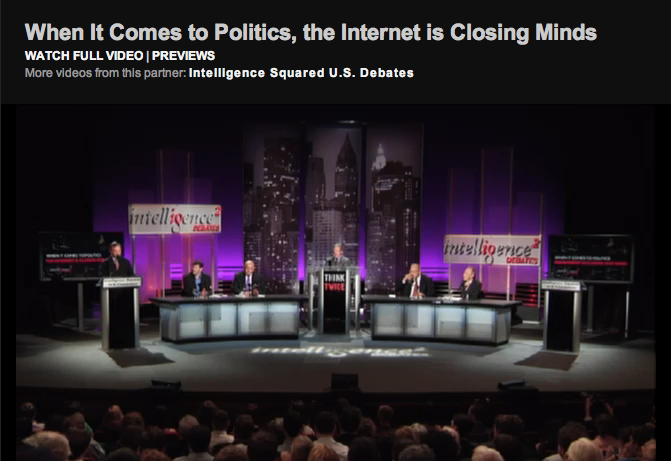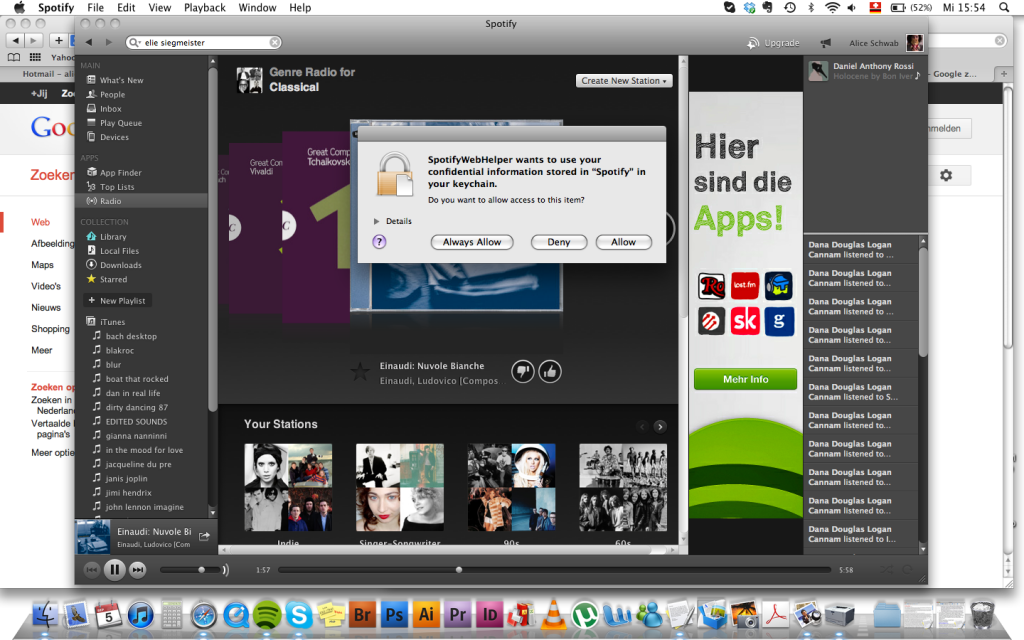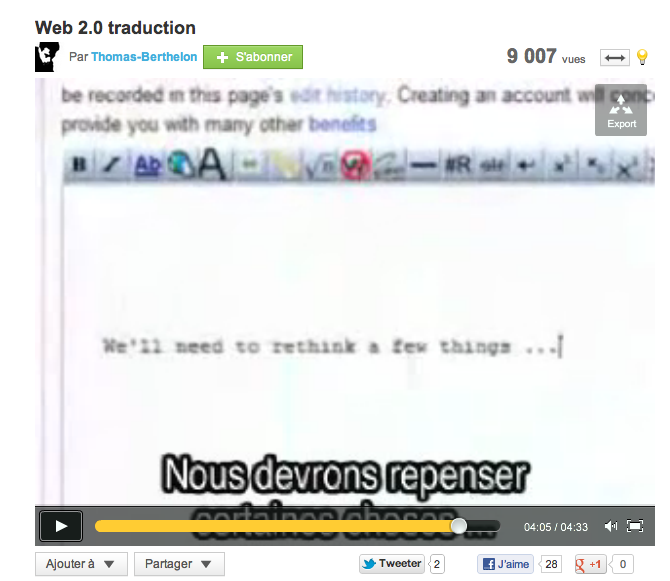On the 21st of June 2012 Martin Feuz took the time to have a very interesting talk with me about my project. Martin is currently working as an Interaction Design Researcher (PhD) at Goldsmiths College, University of London. Apart from getting most productive feedback on the direction of my work, it was enriching to talk to an expert on the matter I just started discovering a few months ago.
We agreed on how interesting it can be as a ‘non-coder’ in the world of search engines and what freedom this position can give you. Then he talked about the differences between Information Retrieval and Information Seeking, how market-oriented the field of Search Engine obviously is and what this implies. Which lead us to Eli Pariser, whom I mentioned on this blog a while ago, his freshly (march 2012) launched website http://www.thefilterbubble.com/ and the topic of online-filters. On January the 20th, Google introduced a toggle button that allows the logged-in user to choose between a personalised and a non-personalised search. How come most people don’t know about this button yet? Something very interesting I find.
Martin raised a very good question: How can you inform yourself properly if you don’t know the answer? This is precisely where the topic of filter bubbles is crucial. It is important to Information Seeking that ‘you get a sense of the corpus’ (quote Martin Feuz) of information that there is.
There are a few projects that are proposing a search with a different angle;
http://www.horizobu.com/?q=&qt=w&s=58d06d86628e3242afed2f2b6a1538a2&l=en&r=US&t=&i=0#0
http://blekko.com/
http://www.wolframalpha.com/
http://duckduckgo.com/
Questions I have to answer for my project would be my personal interest in this topic, in what areas more transparency is needed, how I understand the word ‘democracy’ in this context and why there isn’t any transparency when it comes to universal search engines such as Google, Bing ect, or why it seems to be so difficult to add some transparency there. Those are pivotal things to think about of course, but what was even more important for me to take from the discussion with Martin Feuz was a huge amount of push and incentive to pursue what I started working on.
